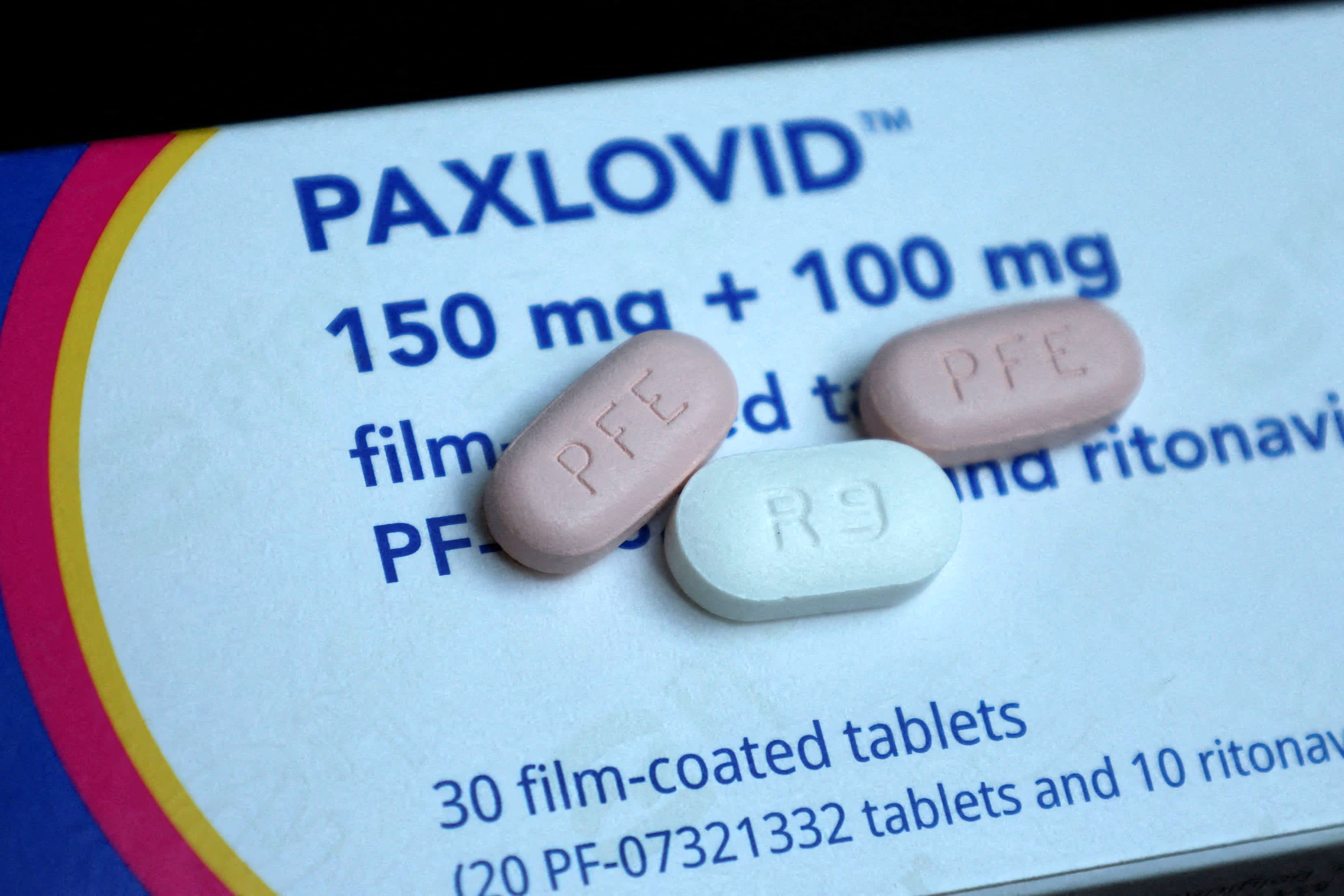A new COVID-19 subvariant may be driving a recent spike in cases in Boston, but top epidemiologists say there's no reason for alarm at this point.
Nationally, the new Eris, or EG.5, subvariant, a descendant of the omicron XBB virus, is responsible for 17.3% of new COVID cases, making it the dominant variant, followed closely by XBB.1.16 at 15.6%. Data specific to New England is not currently available on the CDC's website.
WATCH ANYTIME FOR FREE
Stream NBC10 Boston news for free, 24/7, wherever you are. |
Just this week, the World Health Organization classified EG.5 as a variant of interest. The spread of the new variant comes just as Boston is starting to see an uptick in cases, wastewater levels and hospitalizations.
According to the city's COVID dashboard, wastewater levels in Boston have risen by 46.1% over the past seven days and 88.2% over the past 14 days. New daily COVID cases are up 46.2% over the past seven days and up 38.6% over the past 14. The number of hospitalizations is up 20.2% over the past 7 days and up 24.4% over the past 14.
Get updates on what's happening in Boston to your inbox. Sign up for our News Headlines newsletter.
Statewide, the situation is not quite as dire, as the number of COVID cases are rising, but not as quickly. The 7-day average of confirmed cases has risen from about 100 to about 140 since the beginning of July. But hospitalizations have not increased at the same rate.
Though the COVID data is rising again in Boston after a relative lull, doctors say the overall number of cases and hospitalizations is still quite low.
Dr. Shira Doron of Tufts Medical Center said some of the increases could just be the result of going from one patient to two patients. That's a 100% increase, but obviously doesn't reflect a significant uptick. She said she hasn't seen any real increase in hospitalized patients, though she has heard anecdotally of more employees who have COVID.
"It's not surprising that we are seeing higher cases, hospitalizations and waste water counts" as a result of the EG.5 subvariant becoming dominant, she said. "The reason a new subvariant becomes predominant is its ability to evade community immunity from vaccination and infection, so for that same reason it will cause more cases and in turn more hospitalizations and deaths, unfortunately."
But Doron said the upward slope "has been very gradual" and isn't expected to have a significant impact on the healthcare system.
She called it "unfortunate" that the new fall booster, which will be an XBB-based vaccine, isn't likely to be a great match to the predominant strain in the fall, "but that's always a gamble and there's no way to predict that better in June when the decision must be made." Besides, she said, the vaccine doesn't need to be a perfect match in order to prevent severe disease.
Dr. Daniel Kuritzkes, chief of infectious diseases at Brigham and Women's Hospital, agreed with Doron's assessment.
"We should be very skeptical about focusing on percent increases when the absolute numbers are so small," he said. "We, too, have only seen a modest increase in COVID+ patients in the hospital."
Boston Medical Center's Dr. David Hamer said he is also "not too concerned," although he said the CEO of a large, Boston-based organization did reach out to him this week expressing concern about the number of employees who had recently been infected.
"EG.5 seems to be gradually rising," he said. "I am not sure how much we know about this or whether it is a threat but it certainly merits tracking."
Dr. Sabrina Assoumou, also of Boston Medical Center, said there does appear to be a rise in wastewater levels, and like Doron she has been hearing anecdotally about more cases in the community, including some who are getting infected for the first time.
"This information along with the wastewater data seems to indicate that there is more virus circulating in the community," she said. "Nevertheless, we have not identified a new non-omicron variant that is significantly different. The EG.5 subvariant is still omicron and we know how to protect ourselves from omicron subvariants. This is helpful news."
Assoumou said the spike in cases and wastewater levels could be from behavioral reasons, as people might be spending more time indoors sheltering from the heat in air-conditioned spaces. Waning immunity is probably also playing a role.
"My take is that this increase in cases provides us an opportunity to remind people about measures that they could take to protect themselves, especially if at-risk for severe disease either because of age or underlying medical conditions," she said. "It also provides an opportunity to inform people about upcoming plans for a fall COVID vaccine."



